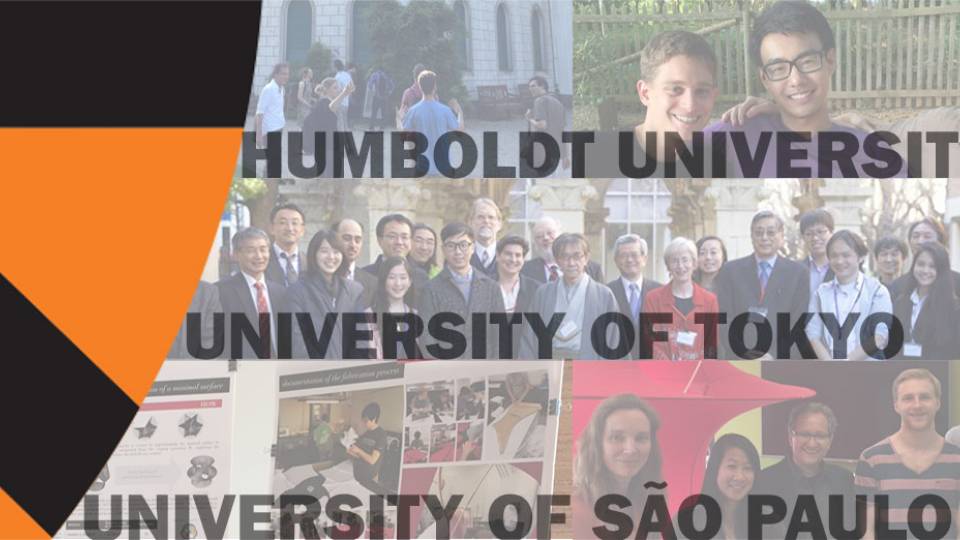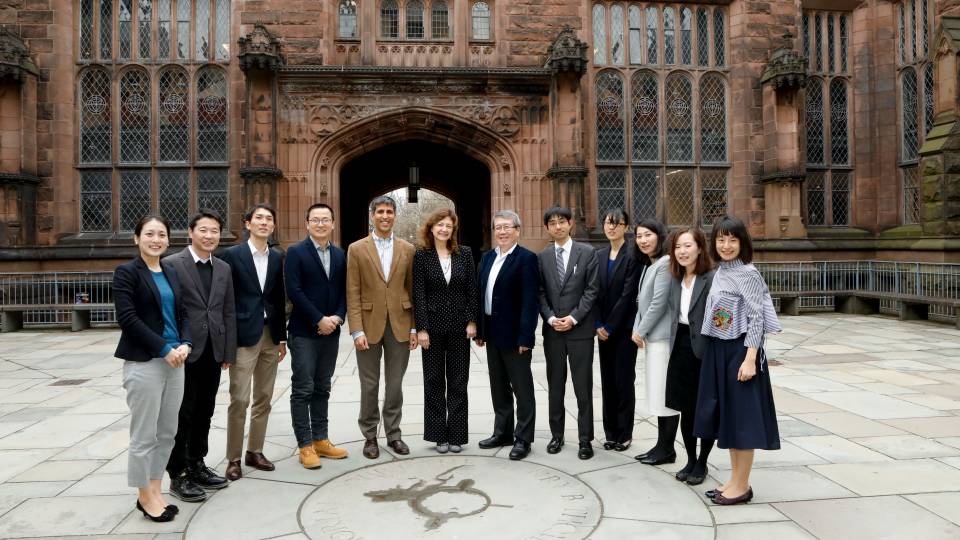Princeton University is planning to open an administrative center on the campus of Tsinghua University in Beijing to support faculty, students and staff studying and conducting research in China. The Princeton Center at Tsinghua is expected to open in early 2014 once preparations to operate a University office in China are finalized.
The office will be Princeton's first administrative center abroad. It is a further example of Princeton's internationalization efforts, outlined in the 2007 "Princeton in the World" report.
"We hope the Princeton Center at Tsinghua will support activities and programs currently happening in China, making it easier for University community members to study, work and conduct research there," Vice Provost for International Initiatives Diana Davies said.
Davies added: "While it is not an academic center, the office also will help Princeton faculty and departments interested in developing new academic initiatives in China."
The center will be run by a managing director who can help with issues such as: travel arrangements; housing; event planning; translation services; arranging meeting spaces; visiting Chinese archives; and accessing scientific labs at Chinese universities. The center also will be a resource for Chinese scholars preparing to teach or conduct research at Princeton.
Princeton's Council for International Teaching and Research, which has been instrumental in planning for the project, will work with center staff to organize special events and programs in China for Princeton scholars.
"While Princeton faculty, undergraduate and graduate students will continue to study in China through existing academic programs, we hope the center will be a valuable resource and connection to Princeton while they are abroad," Davies said.
Davies said the University is interested in opening a China office because of the significant number of Princeton travelers there and the various partnerships already linking Princeton and Chinese academic institutions. For example, the Department of Mathematics has an exchange program with the Chinese Academy of Sciences in Beijing, the Department of East Asian Studies collaborates with the National Institute for Advanced Humanistic Studies at Fudan University in Shanghai, and the Woodrow Wilson School of Public and International Affairs has hosted events at Peking University in Beijing.
"Ultimately, we hope the center's presence will encourage more people from the University to travel to China," Davies said.
During the past year, the University also announced strategic research and learning partnerships with Humboldt University in Germany, the University of São Paulo in Brazil and the University of Tokyo in Japan.


